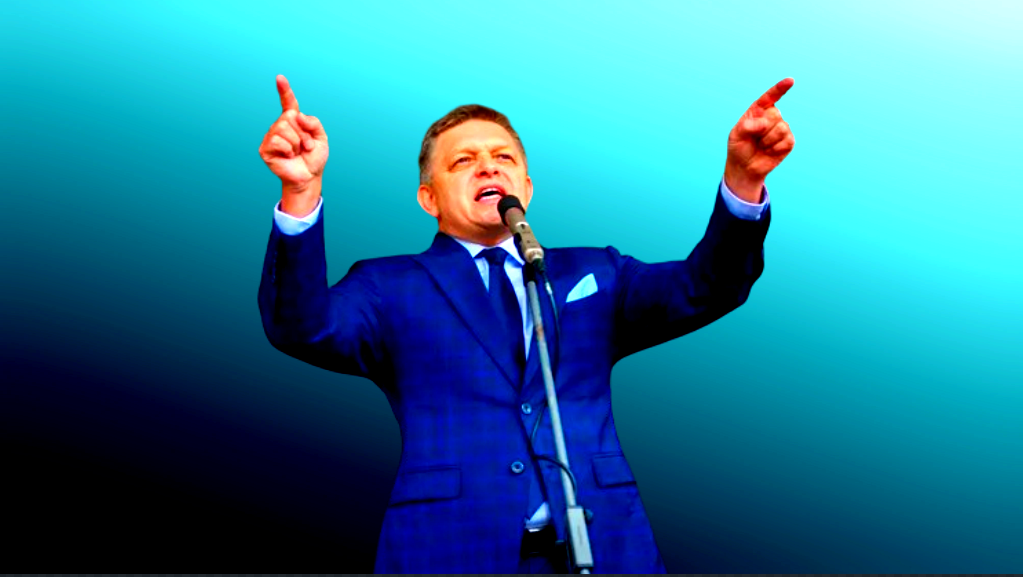Slovak Prime Minister Robert Fico has become a prominent figure in the European political landscape due to his outspoken and unapologetic stance against Western powers’ interventions in Eastern European affairs. In a recent incident, Fico reacted vigorously to comments made by the U.K. ambassador to Slovakia, who criticized his interview with Russian state television. During this exchange, Fico emphasized Slovakia’s sovereignty and independence by asserting, “Slovakia is not Britain’s colony.” His fierce defense underscored a growing discontent with perceived Western overreach and the expectations placed upon Slovakia to align with broader geopolitical narratives dictated by Western governments.
Fico’s remarks were framed within a broader dialogue about the ongoing conflict in Ukraine, where he has adopted a position that stands in stark contrast to the prevailing European sentiment. He criticized Western support for Ukraine, arguing that it prolongs the conflict rather than fostering a pathway to peace. This perspective places Fico in a unique position relative to many EU leaders, as he expresses a willingness to entertain diplomatic approaches that might involve negotiations with Russia. His condemnation of what he sees as the West’s failure to prioritize a peaceful resolution reflects a deep-seated belief that Slovakia’s interests should take precedence over globalist agendas.
The Prime Minister’s rhetoric is consistent with his past actions and statements, particularly following his return to power last year after an extended hiatus. Upon resuming his role, which came after a serious assassination attempt, Fico came back with a renewed commitment to addressing Slovakia’s domestic issues, focusing less on international military engagements. His administration quickly ceased military aid to Ukraine and voiced opposition to EU sanctions against Russia, signaling a shift toward a more nationalist and independent foreign policy that prioritizes Slovakia’s needs.
In an environment where many Western leaders call for solidarity in supporting Ukraine against Russian aggression, Fico’s approach has sparked controversy and criticism from both domestic opposition and international counterparts. His inclination to attend Moscow’s celebrations commemorating the 80th anniversary of World War II was particularly alarming for critics who view this as a tacit endorsement of Russia’s actions and further evidence of Slovakia’s drift away from NATO and EU alliances.
Fico’s tenure continues to attract scrutiny as he navigates a complex political landscape marked by deep divisions over how to respond to Russia’s geopolitical maneuvers. His public statements reflect a growing sentiment among segments of the Slovak population who feel that the economic and political repercussions of international conflict should not overshadow national interests. As he faces challenges stemming from this polarized viewpoint, Fico’s leadership style, characterized by defiance and assertiveness, serves to galvanize support among constituents who share his skepticism of Western interventionism.
In conclusion, Prime Minister Robert Fico’s controversial stands on issues such as military aid to Ukraine, relations with Russia, and independence from Western influence underscore a significant shift in Slovakia’s political narrative. His administration seeks to redefine the country’s foreign policy, urging a more measured and cautious approach that prioritizes national autonomy. The ongoing dialogues and disagreements with Western representatives reveal deeper cultural and ideological divides within Europe, illuminating the complexities of navigating international relationships in a time of geopolitical strife. Fico’s unapologetic stance may resonate with a growing cohort of politicians across Europe who are advocating for a reassessment of traditional alliances in favor of stronger national sovereignty.

